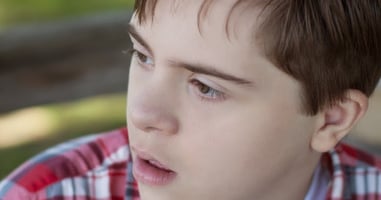Little Effect Found for At-Home Autism Treatment
 |
Both groups of children showed progress, and both sets of parents improved their interaction skills, the researchers found. “Evidence that both younger age and more intervention hours positively affect developmental rates has implications for clinical practice, service delivery, and public policy,” they wrote.
To read more about research into autism treatments, see Psychiatric News. For an in-depth look at current knowledge about the topic, see the Textbook of Autism Spectrum Disorders from American Psychiatric Publishing.
(image: Jaimie Duplass/Shutterstock.com)





